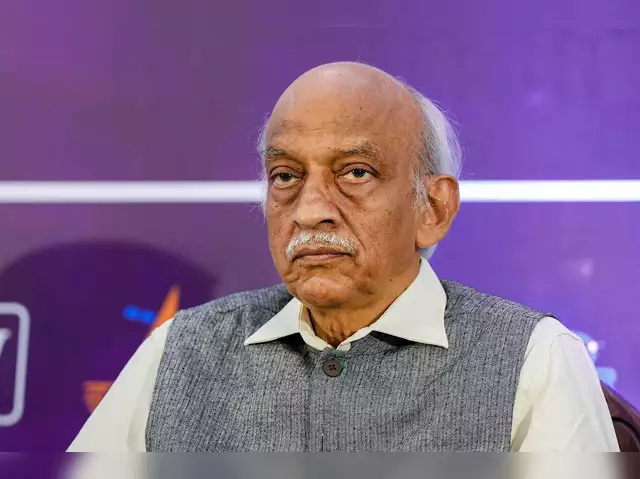A S Kiran Kumar Stresses the Role of Private Entrepreneurs in Elevating India’s Space Sector
Bengaluru, NFAPost: In a keynote address at the ‘LIBF EXPO 2024,’ organized by the Lohana International Business Forum in Gandhinagar, former chairman of the Indian Space Research Organisation (ISRO), A S Kiran Kumar, highlighted the significance of private investment in propelling India’s share in the burgeoning $1 trillion global space economy. Currently standing at 2-4%, Kumar emphasized the need to elevate India’s share to 20%, stressing the pivotal role of private entrepreneurs in achieving this ambitious target.
Addressing entrepreneurs during the inaugural ceremony, Kumar, the chief guest, acknowledged India’s position as the fifth-largest economy globally and emphasized the crucial role that private participation would play in India’s ascent to becoming the third-largest economy shortly.
The former ISRO chief projected the global space economy’s trajectory toward the $1 trillion milestone in the coming years. He underscored that India’s current share in this space economy, particularly in the production of launch vehicles and satellites, remains at a modest 2-4%. To capture a formidable 20% share, Kumar emphasized the necessity of involving a substantial number of private entities and entrepreneurs in the space sector.
During the event, Kumar also paid homage to Dr Vikram Sarabhai, often referred to as the father of India’s space program. He highlighted Sarabhai’s visionary approach, narrating how Sarabhai, inspired by the Soviet Union’s launch of Sputnik I in 1957, engaged with the fishermen of Trivandrum for an experimental venture that eventually led to India’s advancements in broadcasting, communication, and weather monitoring through space technology.
Kumar noted the significant impact of space technology on the daily lives of citizens, citing examples such as advanced warning systems for cyclones, which have saved numerous lives, and the use of satellite data for aiding fishermen in optimizing their catch.
He praised India for being the only country to initiate space technology for non-military purposes, emphasizing Dr Sarabhai’s vision to leverage space technology for the greater good of the country.
Kumar also acknowledged the proactive use of space technology by Prime Minister Narendra Modi during his tenure as Chief Minister of Gujarat. Modi’s utilization of remote sensing and communication technology in governance demonstrated, according to Kumar, the practical benefits of space technology for effective governance.
As India aims to enhance its global standing in the space sector, Kumar’s insights underscore the critical role private investment will play in achieving this ambitious goal.





